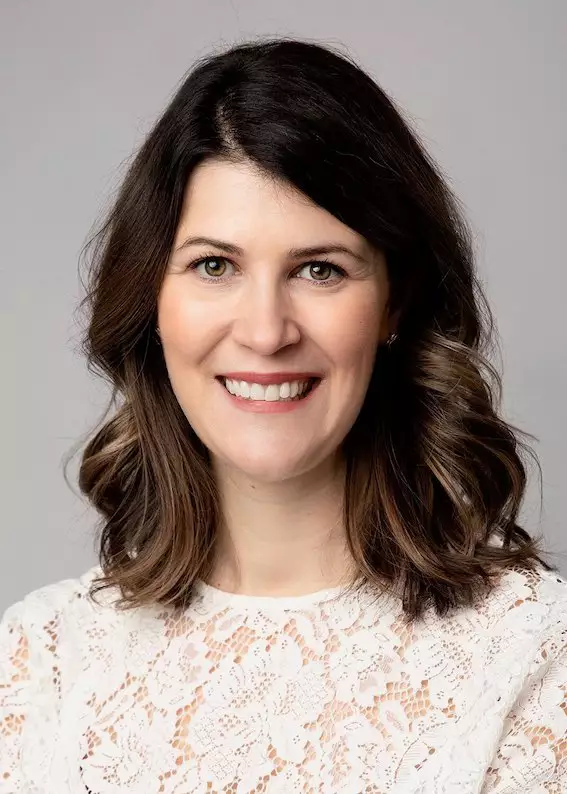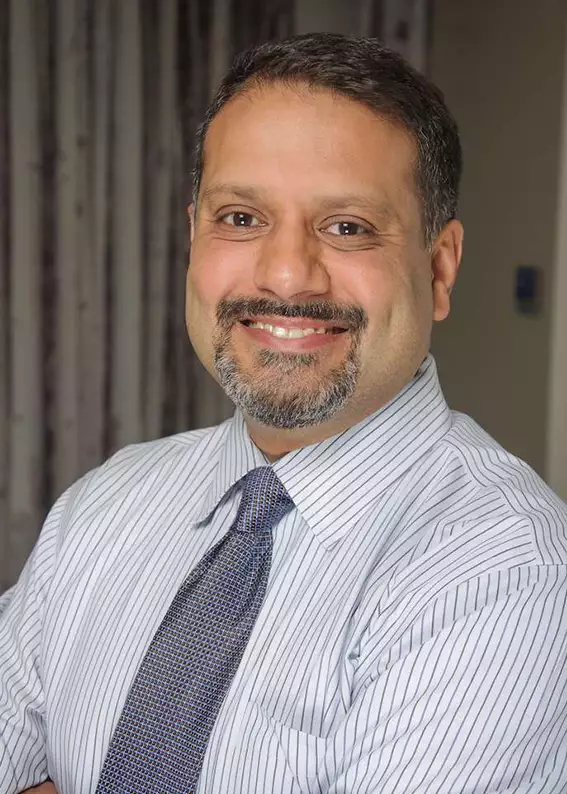
OCTOBER 2019 – Funding from the Canadian Foundation for Pharmacy’s Innovation Fund will see the development and study of a program to help community pharmacists identify and support patients using medical cannabis as part of routine care.
The pilot-based research study out of Ontario is looking to bridge the gap between legal medical cannabis distribution, which currently bypasses community pharmacies, and the expectation that community pharmacists competently provide information and advice to patients who use medical cannabis. Pharmacists in Ontario who provide direct patient care must complete mandatory cannabis training by 2020, yet there is a noticeable lack of a training program that involves pharmacists in screening for cannabis use.


Lead investigators Laura Murphy and Olavo Fernandes, researchers at the University Health Network, will conduct a prospective observational study of a pilot implementation of a structured program, entitled CannabisCareRx. “We’re excited and honoured to be acknowledged and supported by the CFP. We believe that research in the area of cannabis is a valuable next step to take,” says Murphy.
The program will be comprised of screening questions, a structured process for assessment and a template for documentation and referral to other healthcare providers. The program also includes pharmacist education that emphasizes the development of communication skills to engage patients and decrease stigma. The materials and tools developed will be scalable for implementation across Canada.
Overall, the project is set to occur over three years, starting in September of 2020. It is broken up into three steps: set-up, pilot implementation and dissemination. The set-up stage includes development of the pharmacy education and consultation guide, building the research database, and recruiting five pharmacists from the Greater Toronto Area for the pilot occurring throughout year two.
CannabisCareRx will be piloted as part of usual care provided by the participating pharmacists. After completing the Cannabis Education program, the pharmacists will implement the use of the screening questions with all of their adult patients during routine interactions throughout the 12 months of the pilot.
From there, a member of the research team will conduct a follow-up survey with the pharmacists and patients who provide their contact information and permission. “We’re going to be looking at stability outcomes, such as how many patients report cannabis use, the number of patients who completed the screening questionnaire with their pharmacists, and also accessibility outcomes,” says Murphy. “It will be an iterative process so any feedback that we should get from patients and pharmacists can then be used to tailor the program.”
The aim is not only to be successful at the end of the three years but also to create a blueprint for pharmacists across Canada. “The outcomes of the pilot implementation of the CannabisCareRx program will provide patient-centred, pharmacist-driven education materials that will not only support the promotion of safe and effective use of cannabis and harm reduction but will also provide a tangible, patient-facing guide that can facilitate brief and effective consultation,” says Murphy.
As part of its annual Changing Face of Pharmacy report, the Canadian Foundation for Pharmacy...
The federal and provincial governments have enacted a wide range of temporary laws, regulations...